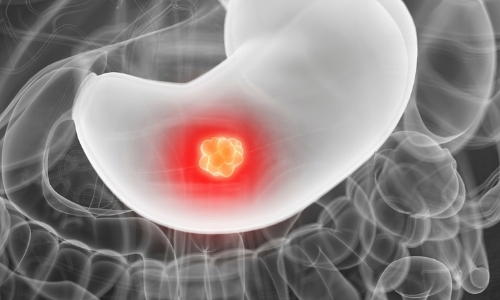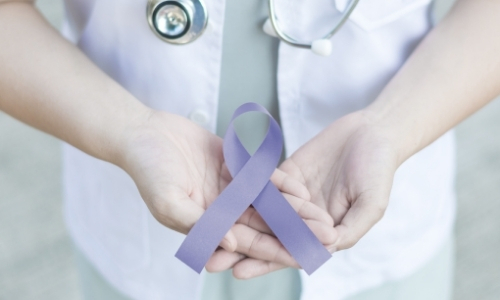Gastric cancer treatment depends on the size, location and spread (stage) of the tumor, as well as the general health and age of the patient. The aim of early gastric cancer is to treat the disease.
If gastric cancer treatment is not possible in advanced stages, the aim is to increase the quality of life by reducing pain and providing nutrition (palliative treatment). Surgery is the only treatment option. Chemotherapy and radiation therapy are used in addition to surgery or for palliative purposes.
Surgical treatment:
For early gastric cancer, the tumor and surrounding tissue can be removed by making a mucosal incision with endoscopy. Removal of the stomach (gastrectomy) is the most common procedure for stomach cancer treatment. In this procedure, all or part of the stomach is removed.
A part of the organs adjacent to the stomach (spleen) may also be removed. In most cases, the lymph nodes around the stomach are also removed. In upper stomach cancers, part of the stomach and esophagus is removed.

Following removal of the entire stomach, the esophagus is connected directly to the small intestine. If the stomach is partially removed, the stomach is connected to the esophagus or small intestine, depending on the situation.
Connections are called anastomosis. Since a large incision is made in the body in this surgery, most patients experience post-operative pain, weakness, fatigue and loss of appetite.
The recovery process varies depending on the patient’s age, general health status, stage of the disease and the type of surgery. Removing all or most of the stomach will cause changes in eating habits.
Patients should eat small amounts of meals at frequent intervals and reduce their sugar intake. They should increase their fat and protein intake and avoid drinking while eating.
If a small part of the small stomach is removed, patients can return to their old eating habits after a short time.
These patients may also enter into a condition known as dumping syndrome, which is known as dumping syndrome, which is characterized by symptoms such as sweating, dizziness, weakness, success, and flushing, as a result of the rapid passage of food into the intestine. Other long-term complications include iron and vitamin B-12 deficiency, esophageal inflammation, osteoporosis, and immunosuppression.
Chemotherapy:
Chemotherapy is the process of destroying cancer cells using drugs. This procedure is used to destroy cancer cells left behind after surgery or to prevent their recurrence.
The drugs are given to the patient by mouth or intravenously. Side effects such as diarrhea, weakness, hair loss, tendency to infection, loss of appetite, nausea, vomiting and anemia can be seen.
Radiotherapy:
By using high-energy X-rays with radiation, the cancer cells left behind after surgery are tried to be destroyed. Radiotherapy can sometimes be used during the operation. Fatigue, intestinal inflammation and skin irritation are the main side effects.
Life expectancy in gastric cancer varies depending on the stage of the disease. Metastases to distant organs are present in most of the cases (80%), which shortens the life expectancy after diagnosis.
In countries such as Japan where gastric cancer is diagnosed at an early stage, the 5-year survival rate is 50% on average, while this rate is around 5-15% in the United States and other western countries.












